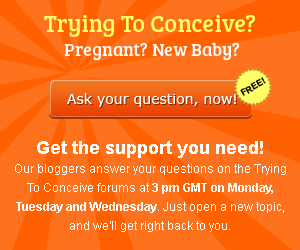Intrauterine insemination (IUI) is a relatively low-tech and non-invasive assisted fertility option. Depending on your reasons for undergoing IUI, you can have IUI using your natural cycles or combine the treatment with fertility drugs such as Clomid. IUI is suitable for many couples with fertility struggles, as well as those who are trying to get pregnant using donated sperm. How many cycles of IUI do you typically need to get pregnant?
IUI success rates vary per fertility clinic, and your age and reason for having IUI also play big roles in determining your odds of getting pregnant during any one cycle. Generally speaking, the success rate for women who are using fertility drugs in combination with intrauterine insemination is around 15 percent each cycle. Does that mean that your chances for success do not diminish with each cycle you get pregnant, however?
Before commencing IUI treatment, it is good to discuss a plan of action with your doctor. If you are going to be on Clomid, you should know that it is not considered safe to have more than 12 cycles of Clomid (in total, not necessarily consecutively). Women who were prescribed Clomid to induce ovulation – without the IUI – would have no more than six cycles in a row.
Some doctors feels strongly about not doing more than three IUI cycles in a row. They hold the opinion that, after three attempts have failed, it is clear that this particular fertility treatment will not work for the patient in question, and it is time to discuss other options such as IVF. Other doctors will do more than three cycles of IUI, but the same doctors who disagree with so many IUI cycles also warn against continuing to pursue pregnancy in the same way, without a clear strategy.
It certainly makes sense to sit down with your doctor, and to look at your personal odds of getting pregnant with IUI. Before your first cycle, talk about the possibilities that are open to you if you fail to get pregnant within three intrauterine insemination cycles.

